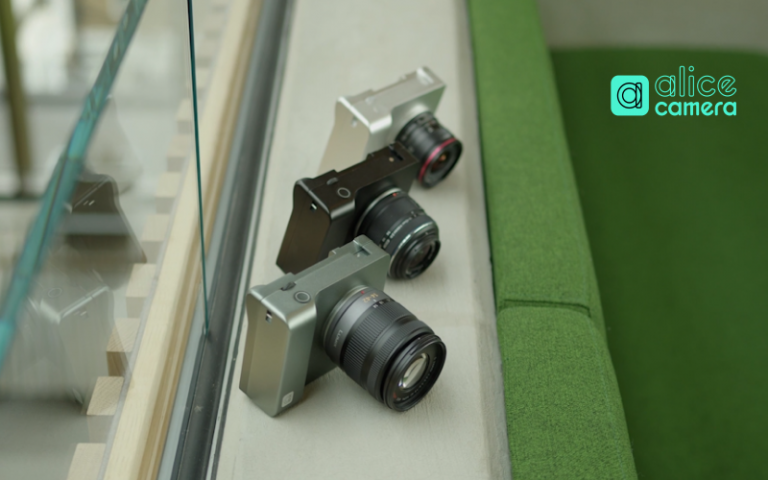Creative technologies (CreaTech) startup, Alice Camera, caught the eye of investors after pitching at London Demo Day and has now raised a combined $500,000 (£373,000).

London Demo Day 2021 took place in September and provided a platform for leading student startups at UCL, King's College London and Imperial College London to pitch to international investors.
Following their involvement in the event and a successful pitch at the Debut Sessions competition, UCL startup Alice Camera raised $400,000 (£300,000) in pre-seed funding from early-stage venture capital firm, Ascension and several Angel investors.
In addition to the private funding, the team also won $100,000 (£74,000) Amazon Web Server (AWS) cloud computing credits.
Alice Camera co-founder and UCL student Vishal Kumar said: "We are grateful to our investors who have shown support for our vision to provide creators with cutting-edge on-camera AI and software features to drastically streamline their content production workflow.
"The fundraise will turbocharge the company's go-to-market to reach more creators and will accelerate the development of their technology.
"With Alice, we want to help creators produce a DSLR-quality video in less than an hour, 10X faster and cheaper than their current setup."
The London-based company was founded in June 2019 by UCL student, Vishal Kumar, who studies MRes Spatial Data Science and Visualisation, graduating in 2022, and alumni Vik Kumar, BSc Atomic and Particle Physics and Physical Chemistry, who graduated in 2015, alongside Dr Liam Donovan, after going through the Entrepreneur First program. They were then supported at the UCL Hatchery startup incubator.
Vishal currently does research as a cultural data scientist at The Bartlett's Centre for Advanced Spatial Analysis (CASA) at UCL, and is also a content creator with over 30,000 followers on social media.
In these roles he found the interfaces of traditional cameras to be antiquated, as creators needed to transfer files to their laptop to edit, before transferring them back to their phone to upload.
As a result, the team created Alice Camera, which can be attached to smartphones to produce DSLR quality content. The camera also features AI colour enhancement, AI denoising and multi-shot-stacking super-resolution, which are all run on-device in real time and enable creators to completely bypass their computers.
It is compatible with both iOS and Android phones and aims to help the 50 million content creators who make an income online.
Vishal said: "We formed the business on the Entrepreneur First program, then set up a fully-fledged company at the Hatchery located at BaseKX, UCL's entrepreneurship hub, in King's Cross.
"There was massive support from UCL. The free office space and all the connections to the UCL ecosystem was hugely valuable. There were a lot of people we could talk to about intellectual property, commercialisation and innovation grant funding, among other things."
Professor David Price, UCL Vice-Provost (Research, Innovation & Global Engagement) said: "Congratulations to Alice Camera on this well-deserved and significant achievement. Vishal and the team are a testament to the enterprising community at UCL and have created an important solution for an ever-expanding market.
"It's rewarding to see UCL's support for early-stage startups help Alice Camera to flourish."
Earlier this year the team were nominated for the Digital Catapult Awards 2021 for UK startups exhibiting the fastest growth in the past 12-18 months
The Alice Camera is now available to pre-order and will be available to customers in April 2022 with an RRP of $1,499 (£1,110).






